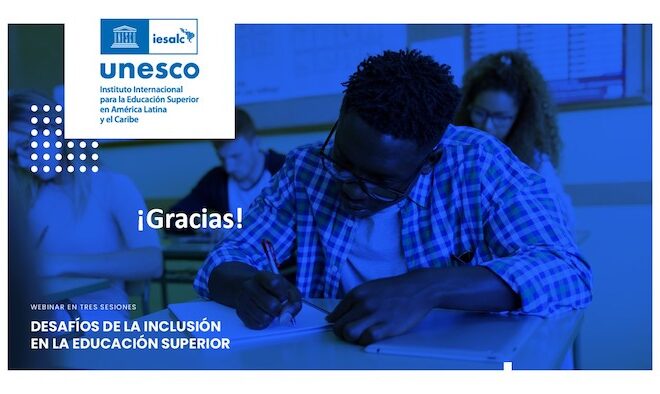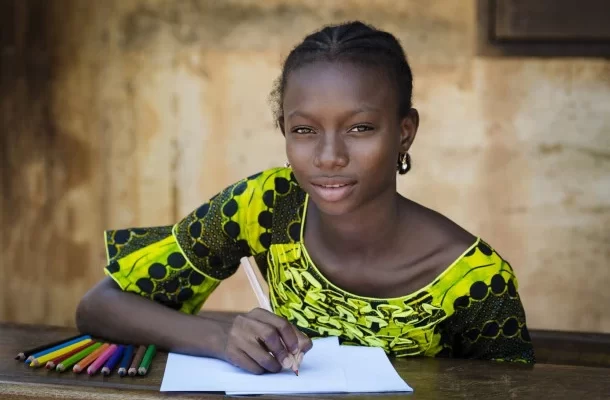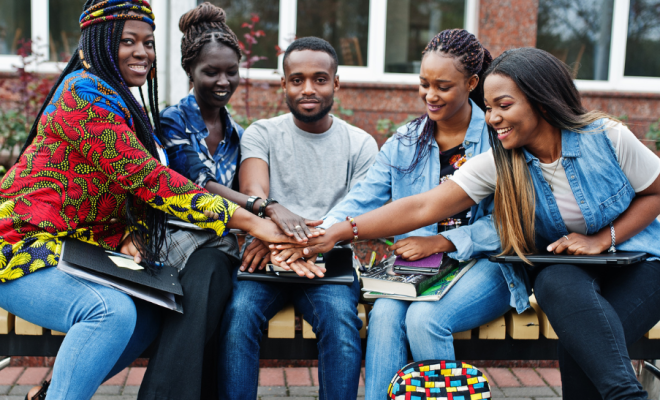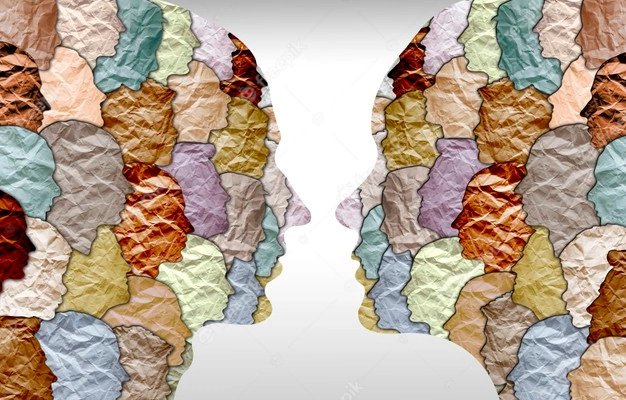Indigenous peoples and Afro-Descendants face multiple racism in higher education | jornada.com
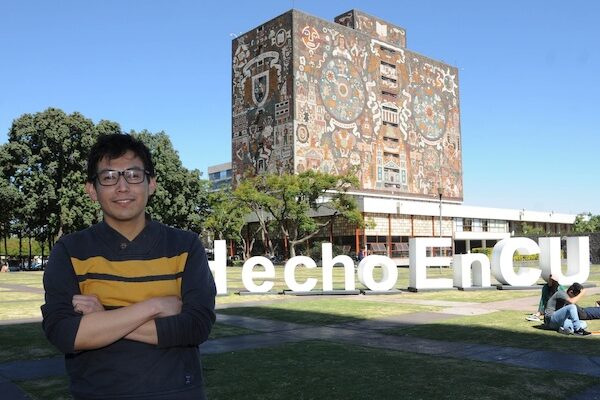
In higher education institutions, indigenous and Afro-descendant students not only face obstacles related to their socioeconomic situation but also to their linguistic differences and educational disadvantages. The latter are originated from the lack of opportunities to receive a better quality of primary and secondary education, especially in rural communities, said Daniel Mato, Director of UNESCO Chair in Higher Education and Indigenous and Afro-descendant Peoples in Latin America.
In the webinar Racism in the Academy: Global perspectives on multiple forms of racism and struggles for equity, he also highlighted the exclusion that exists in the curricula of these institutions, on worldviews, histories, languages, epistemologies, knowledge systems and learning modalities of Afro-descendants and indigenous people, which, he said, is accompanied by the absence of teachers that are members of these populations.
For her part, Rajani Naidoo, from the UNESCO Chair in Higher Education Management, highlighted that the Covid-19 pandemic “has exacerbated and reinforced” racism around the world. “There are more and more racisms towards people of Chinese descent, including government leaders who do nothing but talk about a conspiracy” in China.
She also said that other affected communities are people with low incomes, migrants and indigenous people. “Instead of recognizing that these populations, who have to earn miserable wages, do not have adequate nutrition or access to health systems, are more vulnerable to the virus, they are blamed for the contagion of Covid-19”, she mentioned.
Ricardo Pablo Pedro, an indigenous Zapotec, graduated from the Faculty of Chemistry. Photo Courtesy of UNAM / Archive
RELATED ITEMS

